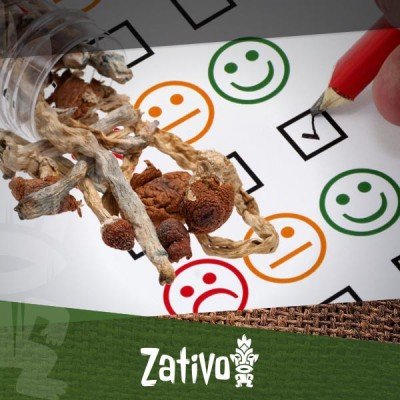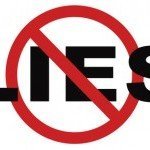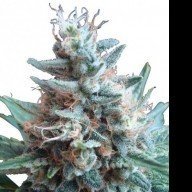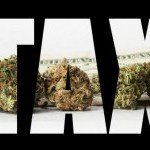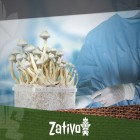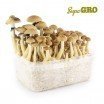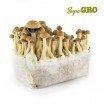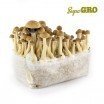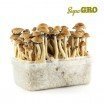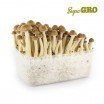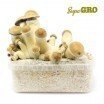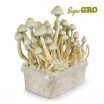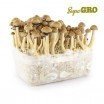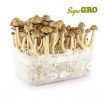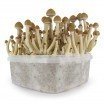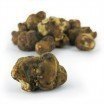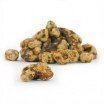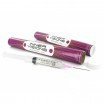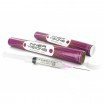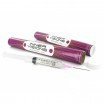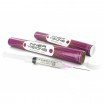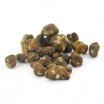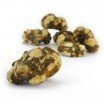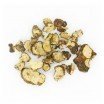Don't have an account?
Register NowYou have to add to cart at least 5 bottles or any program to make checkout.
- BlogSurvey Says: Magic Mushrooms Are The Safest Illegal Drug
Survey Says: Magic Mushrooms Are The Safest Illegal Drug
Published: June 1st, 2017
Categories:
Magic Mushrooms • News
Global Drugs Survey 2017 Reports Shrooms To Be Safer Than Other Illegal Substances
The Global Drug Survey 2017, with an astonishingly high amount significant data, reports that magic mushrooms are the safest illicit drug one can consume. This is the world’s largest survey to date, fully complying with university ethics standards and approved for anonymous data collection. In a study conducted across 50 countries surveying 119,846 people, the report clearly states how magic mushrooms have a statistically lower potential of harm as opposed to other illegal drugs.
FACTS AND STATISTICS
Just 0.2 % of the reported consumers sought emergency medical treatment (per 10,000 individuals). The second safest was Cannabis (0.6% per 10,000 users) followed by LSD (1% per 10,000). On the other end of the spectrum, methamphetamine champions the most harmful of the board with a whopping prevalence of 4.8% (per 1,400 users), followed by synthetic cannabis with 3.2% (per 1,200 users) and alcohol coming in third with 1.3% (per 100,000 users).
The study also points out some very interesting facts. The percentage of people most likely to wild pick their own magic mushrooms as opposed to those growing them themselves varies quite interestingly. Belgium, Hungary, and Finland are the top 3 self-cultivars, while Columbians, Kiwis, and Norwegians prefer to go out into nature to hunt for their prize.
MICRO-DOSING OF SHROOMS
The study also mentions micro-dosing and its potential benefits. For those who have never heard of this, please look into it. In a nutshell, there is a new wave in the psychonaut community called micro-dosing. It essentially consists in using sub-threshold amounts of the active substance for the purpose of performance boosting, mood improvement and even to combat depression, ADD, ADHD, and PTSD. It's quite fascinating and health professionals anecdotally recognize it. Unfortunately, the illegal statute of psychedelics gravely forbids scientific studies into it.
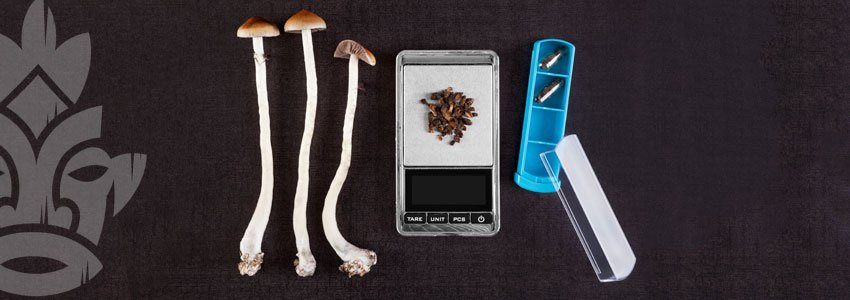
PSILOCYBIN: ENTER THE MATRIX
Magic Mushrooms and humans are thought to have had a close relationship for many thousands of years. Some anthropologists and neuroscientists even theorize that magic mushrooms were advantageous to the advancement of our species. Primarily as a source of food, our ancestors soon learned to use it for its remarkable side effects. From sharpening our senses and aiding in hunting, to kicking off more advanced thought processes and the invention of tools, to the production of written and verbal language – the evidence seems quite compelling.
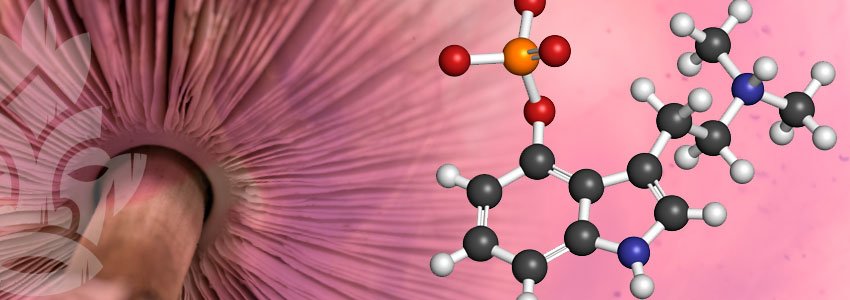
The active ingredient of the typical magic mushroom is psilocybin. Psilocybin is a chemical compound that stimulates the neuro-receptors in our brain and creates associations between regions that don’t generally talk to each other. They did when you were a kid, but as you grow older, they start to segment. Psilocybe mushrooms seem to expand all our 5 senses - vision, hearing, touch, smell and taste. It enables us to perceive beyond our normal base state. Not only that, our pre-frontal cortex – the region of the brain responsible for imagination and abstract thought – gains new insights. Psilocybin also knocks on the doors of the subconscious, the deepest part of our mind, eager to introduce itself.
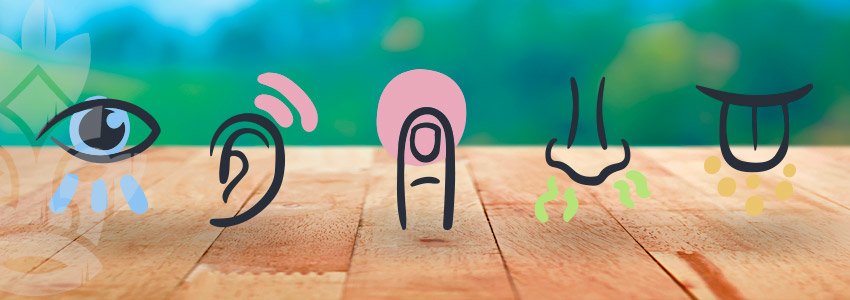
SHROOMS AND HUMANS: A MATCH MADE IN HEAVEN
In more recent historical times, cultures all over the world use natural psychedelics as a matrix for societal protocol and tradition. But do not think these are only confined to the indigenous tribes of the jungles of South America or sub-tropical Asia. In fact, magic mushrooms are intimately tied to the church itself. It is thought that Fertility Cults morphed due to the use of psychedelics, and may actually have originated the practice of Christianity as we know it today. There are several depictions of the Amanita muscaria and other types of mushrooms in dozens of artworks, ranging as far back as a thousand years, in churches all over Europe. There is a striking resemblance between the red and white ceremonial vests of the Christian church and this specific type of mushroom. Even in the Vatican museum floor itself, there is a depiction of plate full of mushrooms.
It has frequently been postulated in literature that the original Forbidden Fruit of the Tree of Knowledge is not an apple, but in fact a magic mushroom. There is no mention of an apple at all in the actual Bible. Think about it. God didn’t want Adam or Eve to eat the forbidden fruit and gain knowledge of the true nature of good and evil. Why? What was he hiding? And what does that really mean “nature of good and evil”? Enlightenment?
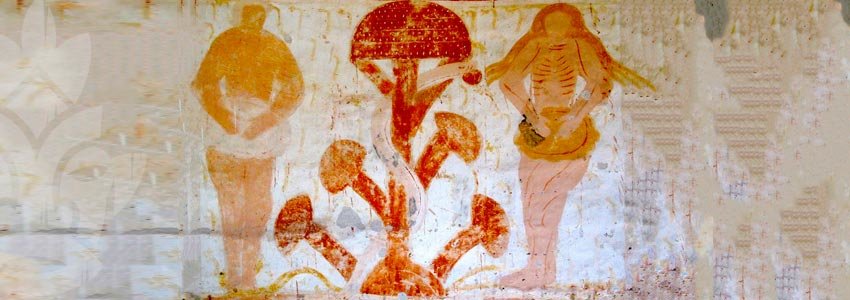
In the 12th-century Plaincourault Abby in France, there is a painting perfectly illustrating the snake in the Garden of Eden, tempting Eve into picking a mushroom from a tree-like formation. One might wonder what secrets are kept hidden and locked away in the Vatican’s secret archives. One thing seems clear, neither Church or Government seem to like self-determination, enlightenment and the free thought of the common individual.
SHROOMS MAY BE REASONABLY SAFE, BUT PROCEED WITH CAUTION
It has only been in the past 60 or so years that governments have actively been banning natural substances that expand the mind and promote critical thinking. It has led to disastrous effects by turbo-boosting black market activities and the production of synthetics narcotics, which no War On Drugs policy even managed to make a dent in. Quite the contrary actually. There is urgency for an open and honest debate on this subject, for the sake of the advancement of a safer society.
Some would say, the only way to achieve our freedom of choice is through knowledge and responsibility. If anyone out there reads this and thinks “Great, shrooms are safe, it’s been proven! Let's go out and binge on Psilocybe cubensis” – you have missed the point entirely. Magic Mushrooms are not exactly safe, but neither is water if used incorrectly. Dit you know that if you drink massive doses of water too quick you can quite literally overdose? The scientific term is hyponatremia.

The moral of this story is that these findings by the Global Drug Survey 2017 are not an open invitation to start taking magic mushroom by the handfuls. It means that under normal conditions of use, compared to other psychedelics, entheogens, intoxicants, and stimulants – under their same normal conditions of use – magic mushrooms are far less dangerous.
This brings forward compelling arguments to open dialog channels with the authorities and bodies of government that the currently imprinted notion that psychedelics are extremely dangerous, life-threatening or mental institutionalizing agents is simply not true.
Psilocybin has as much historical value to our species as it seems to have for medicine, therapy - and why not - recreational use too. Used responsibly and with moderation, it does not pose any risk to society or the individual.

